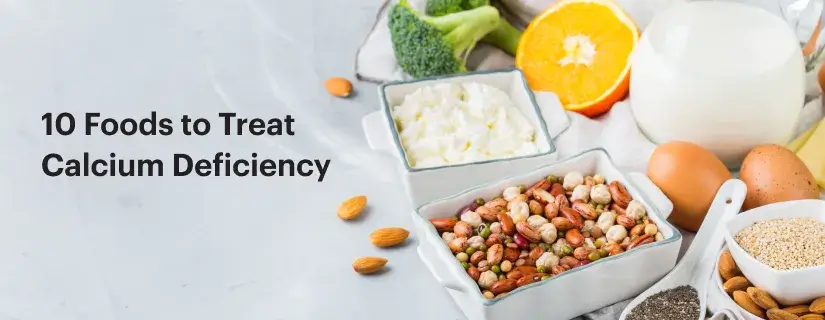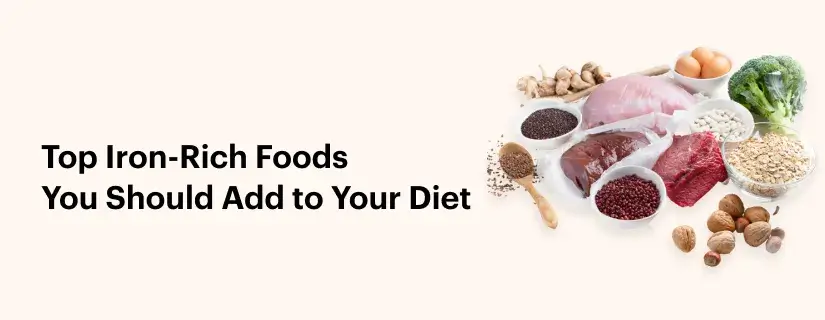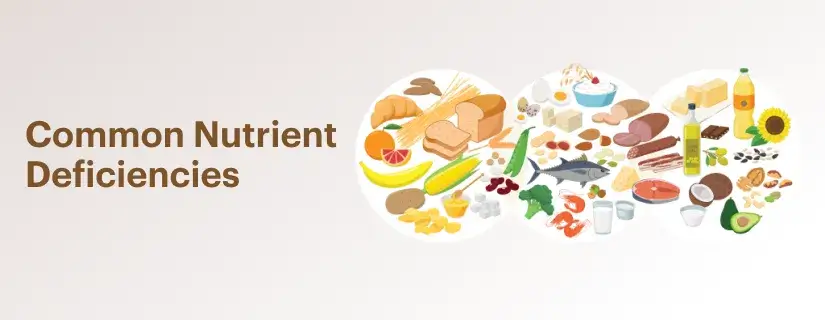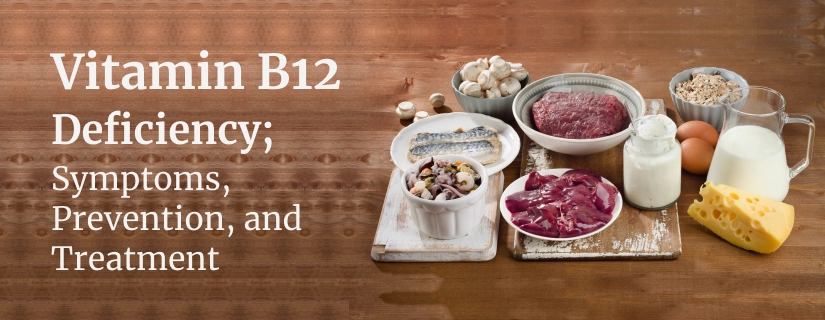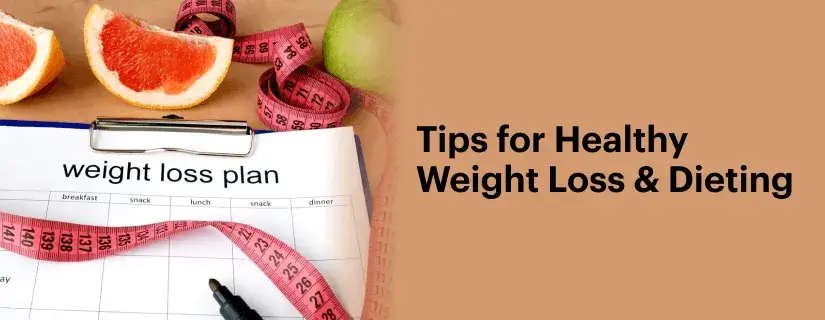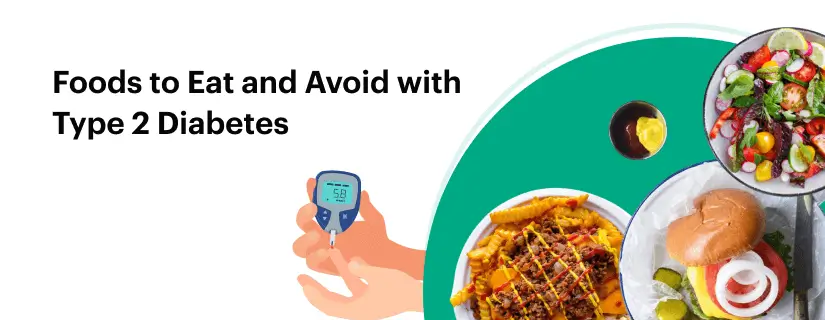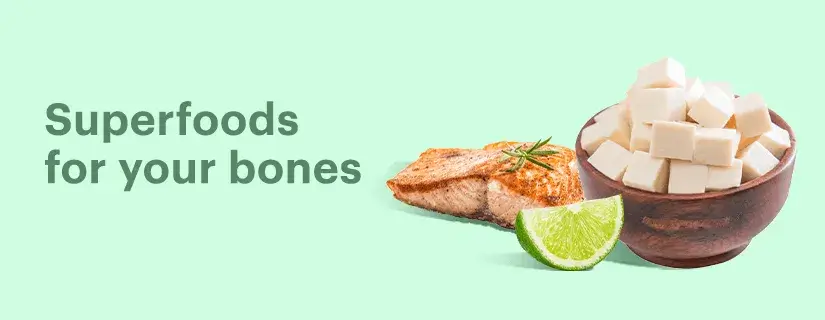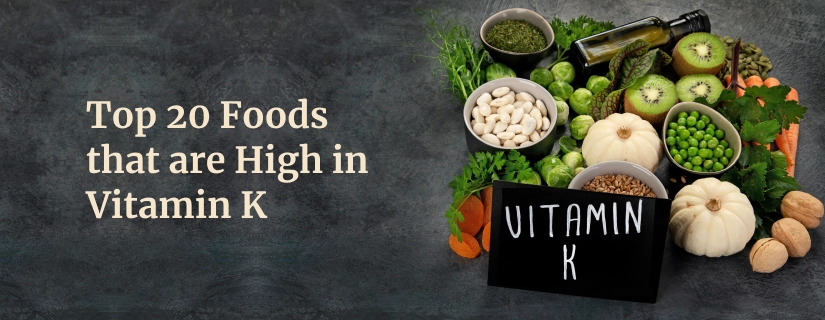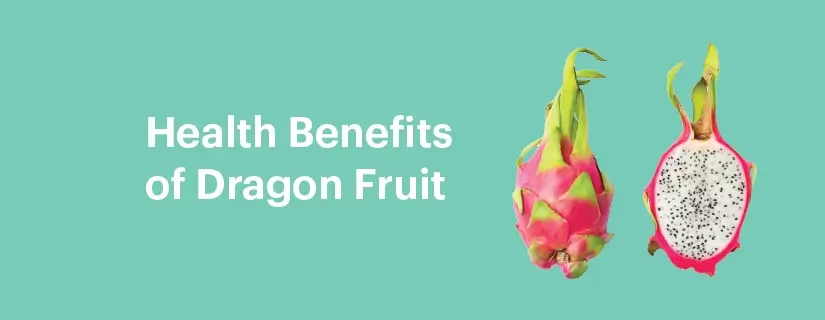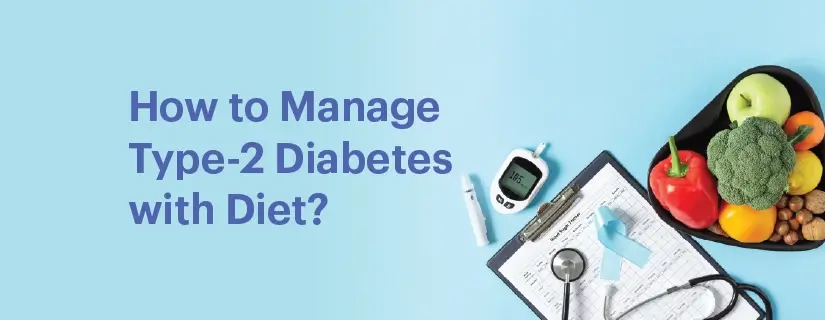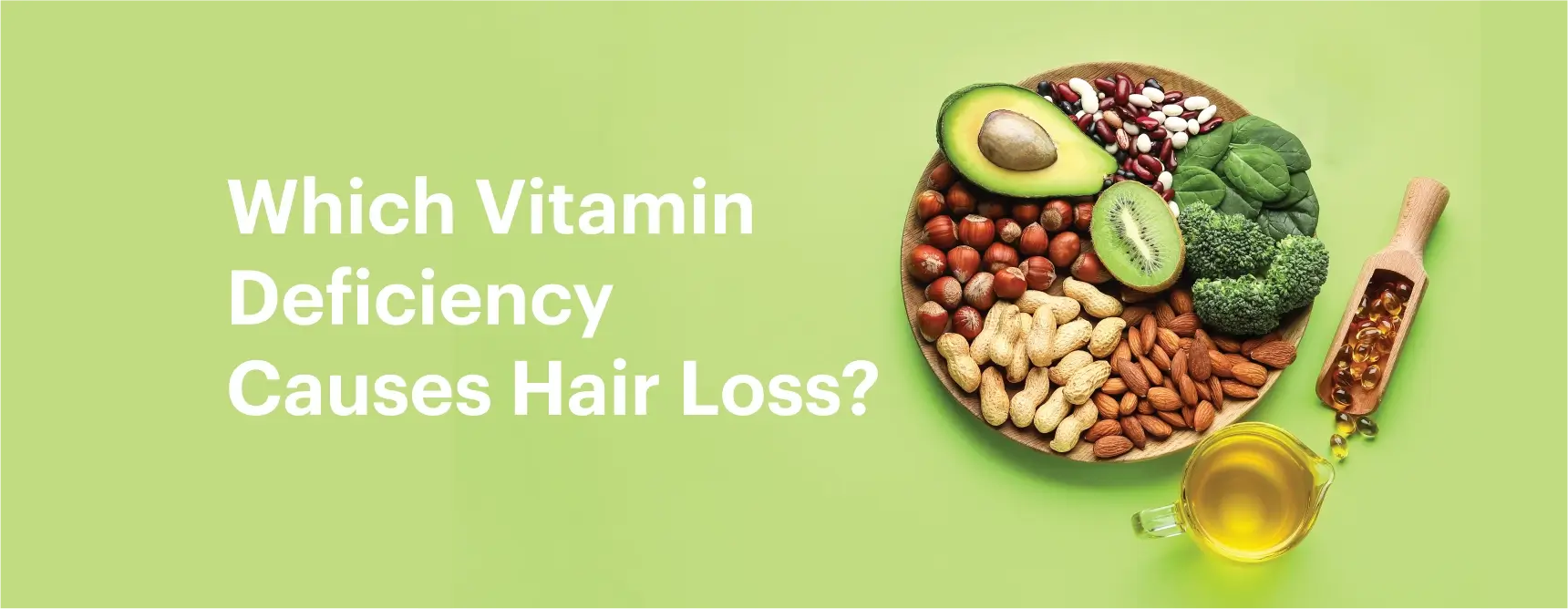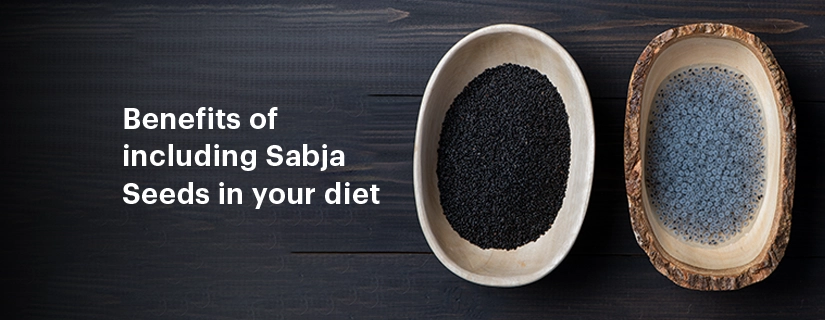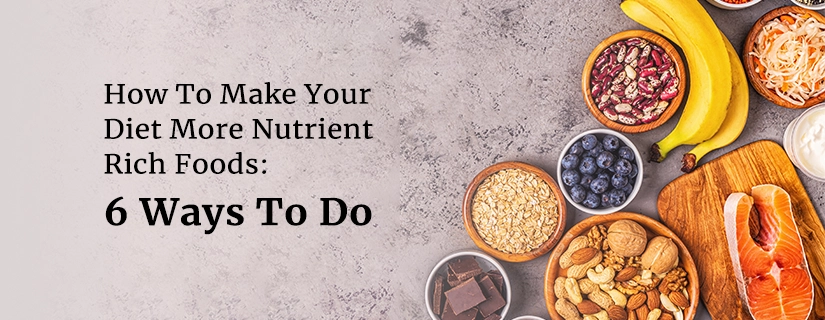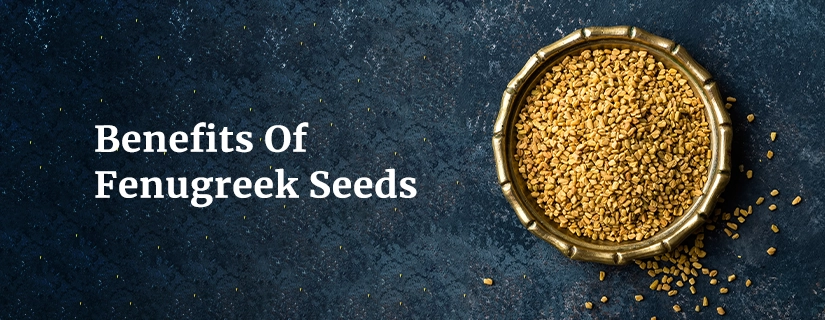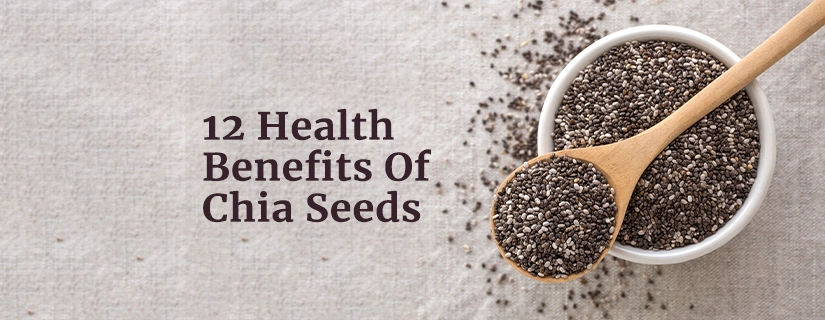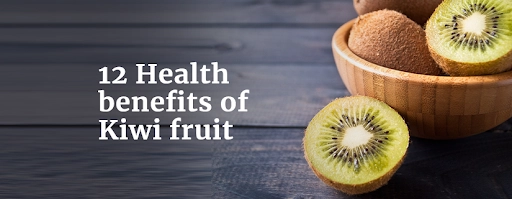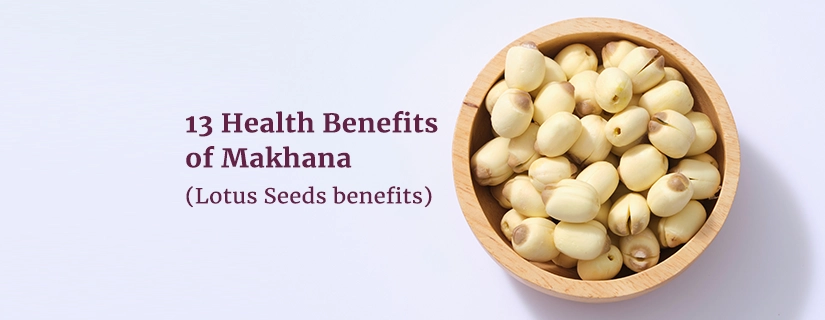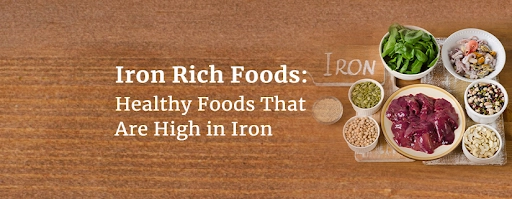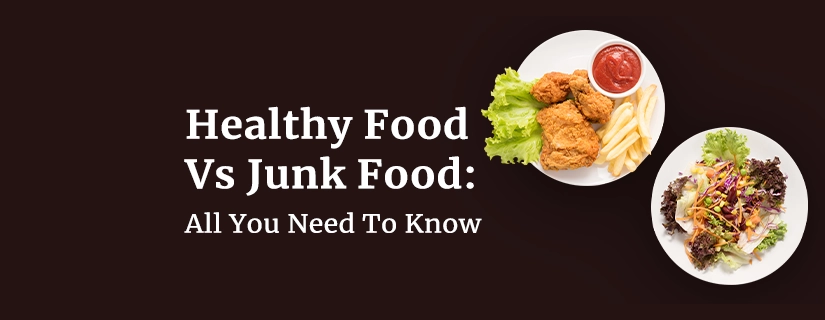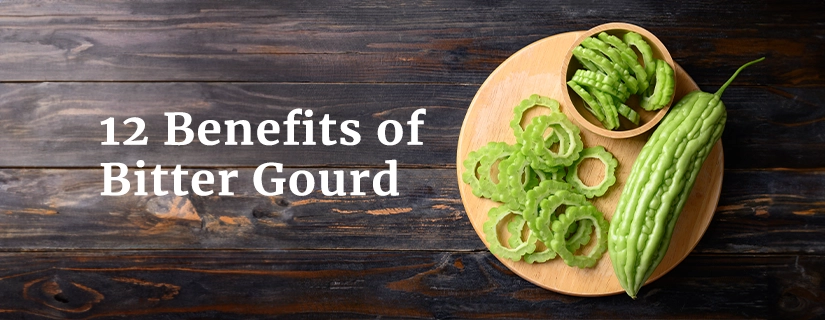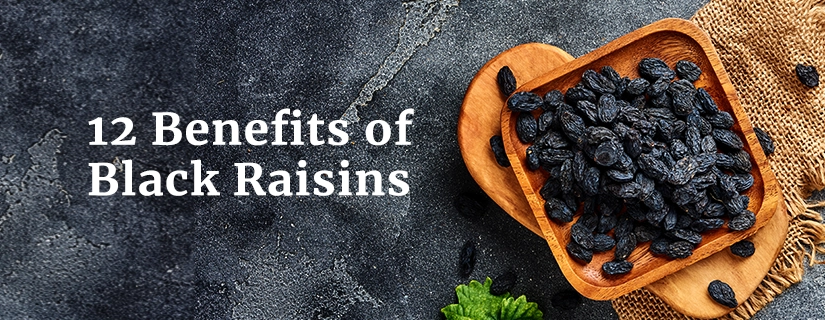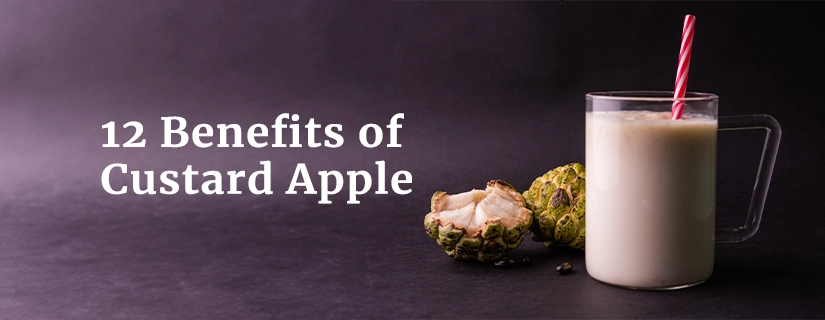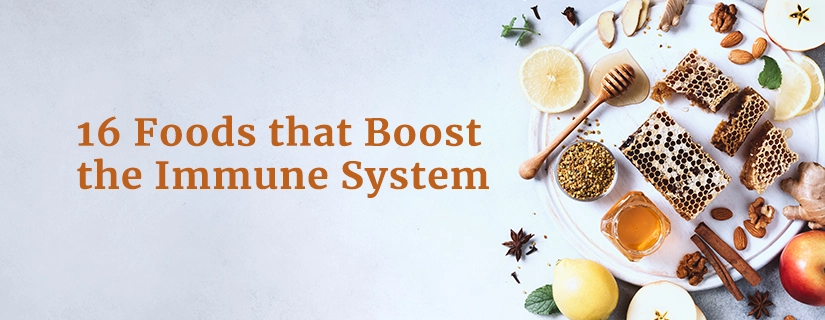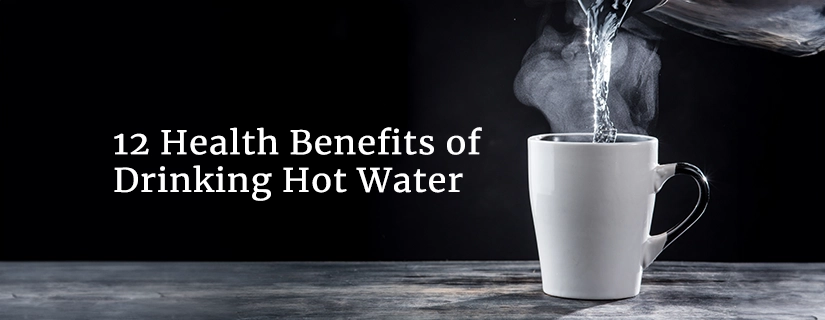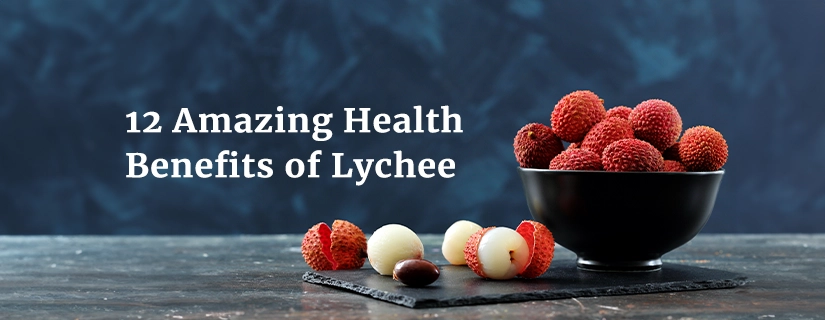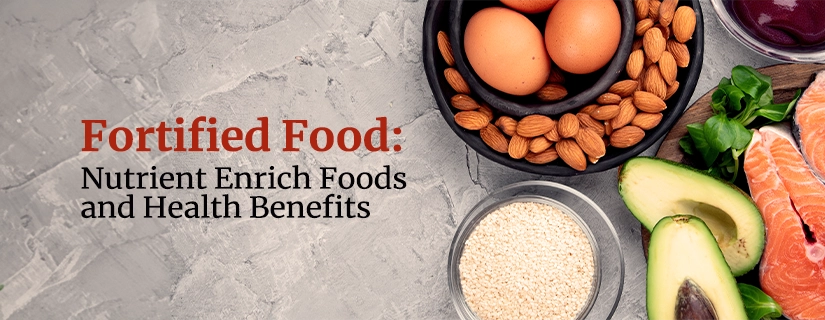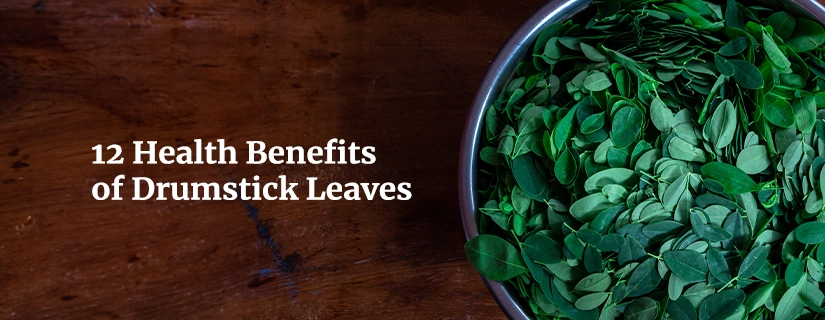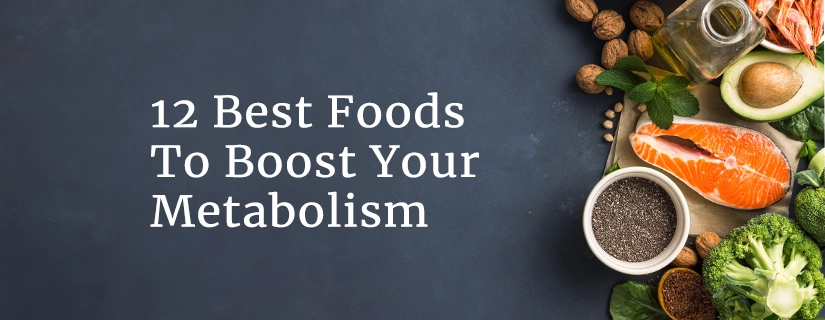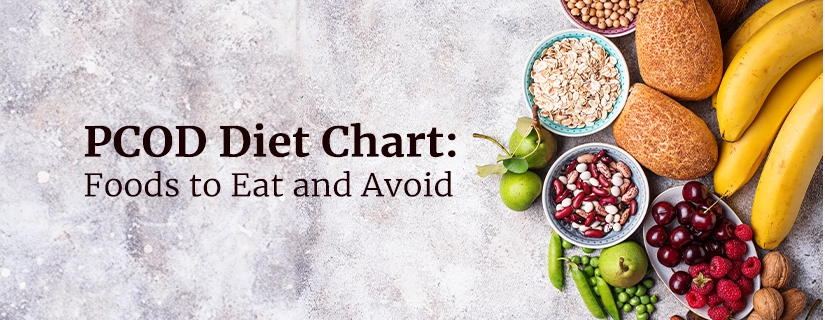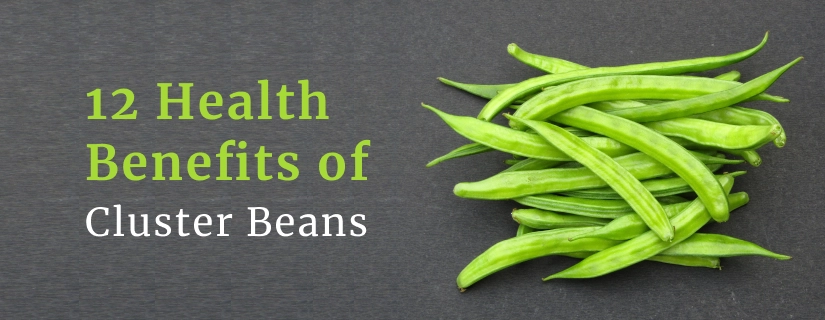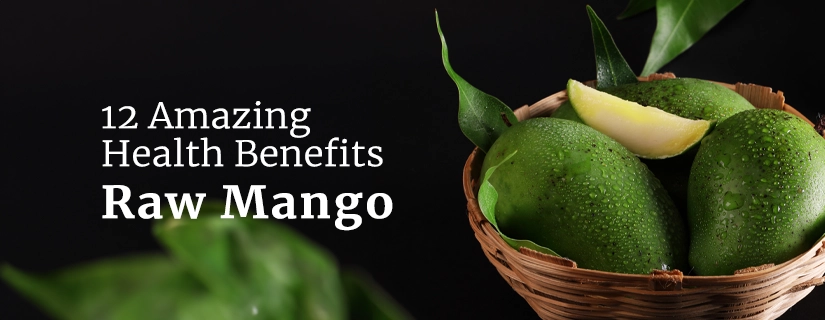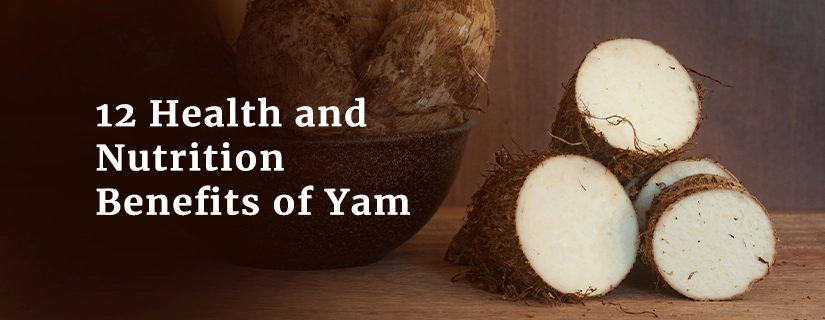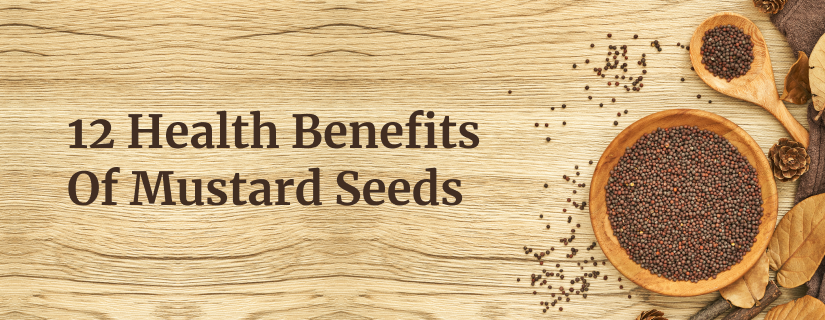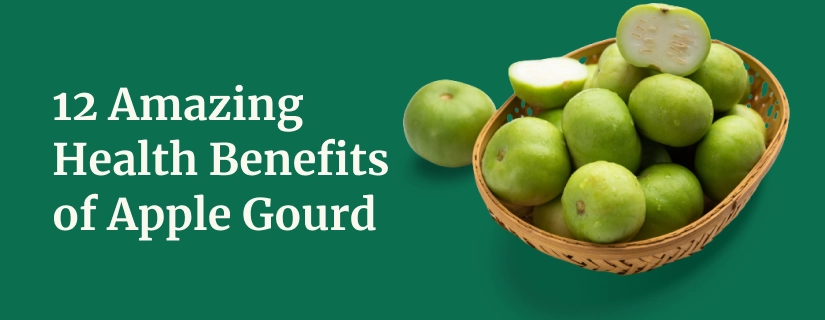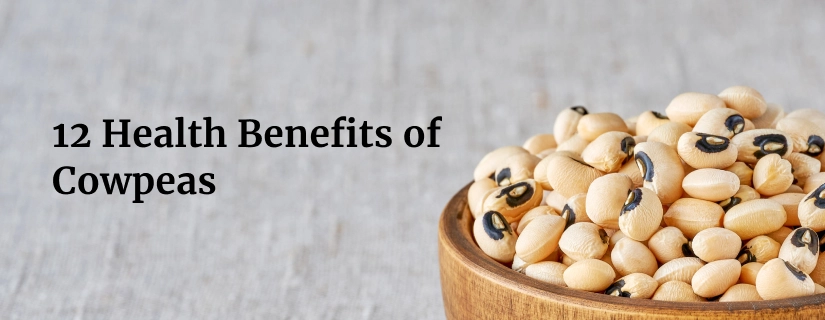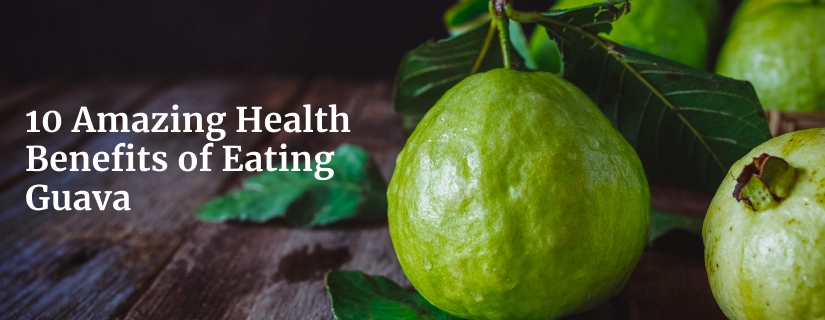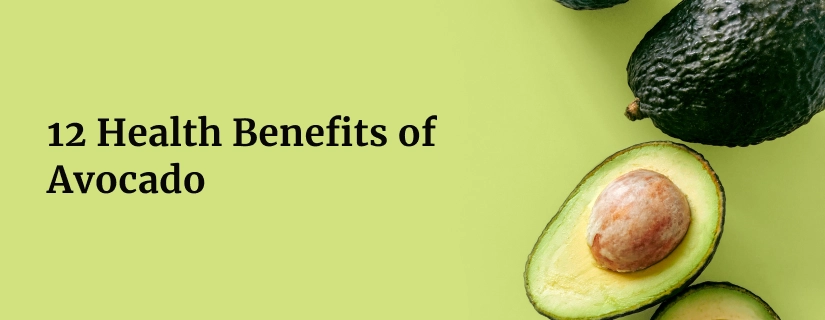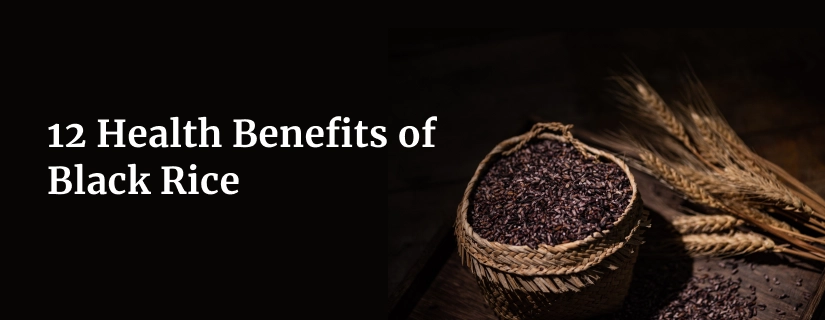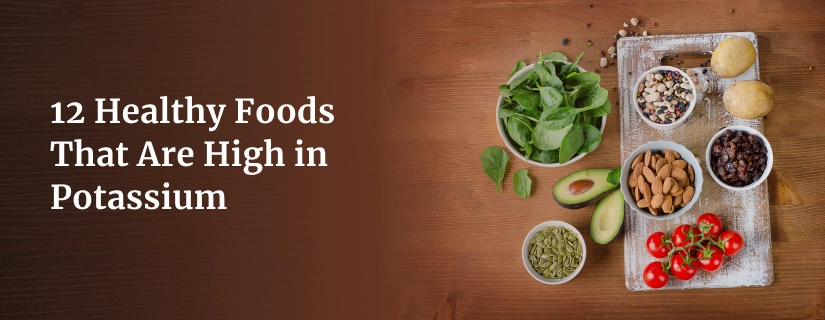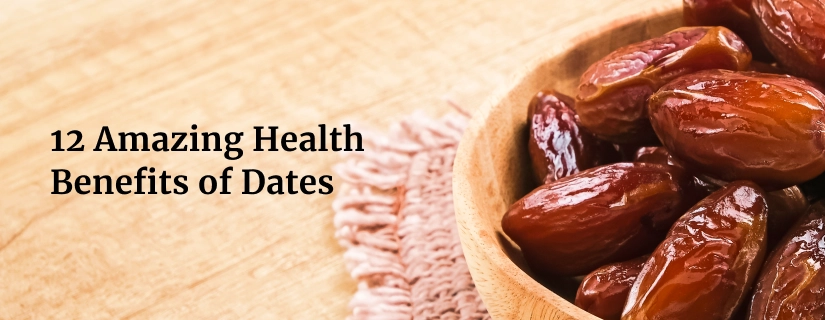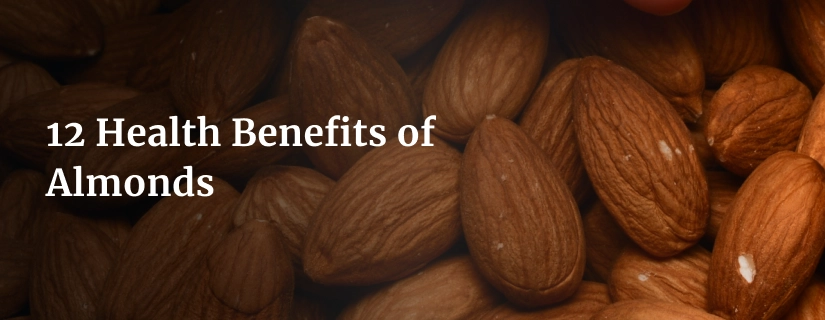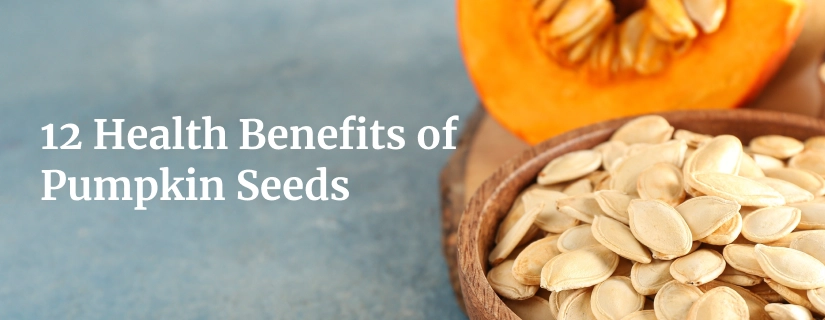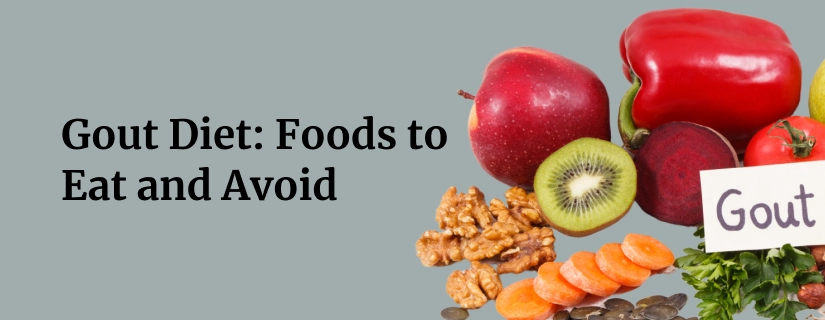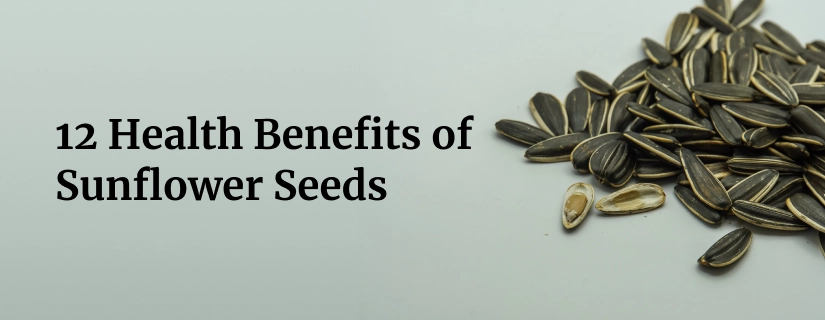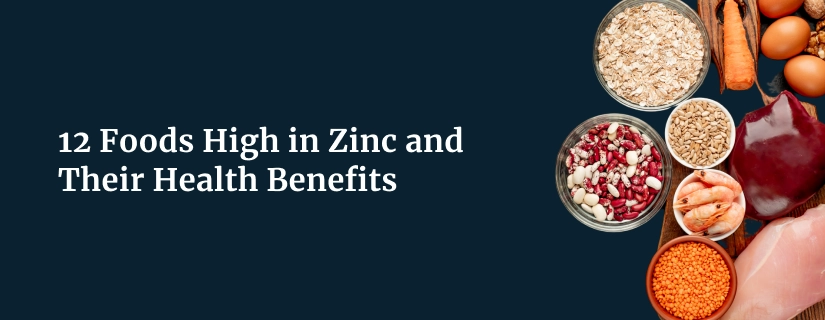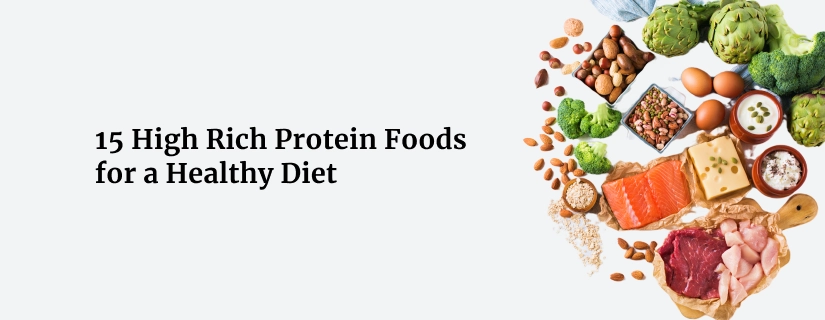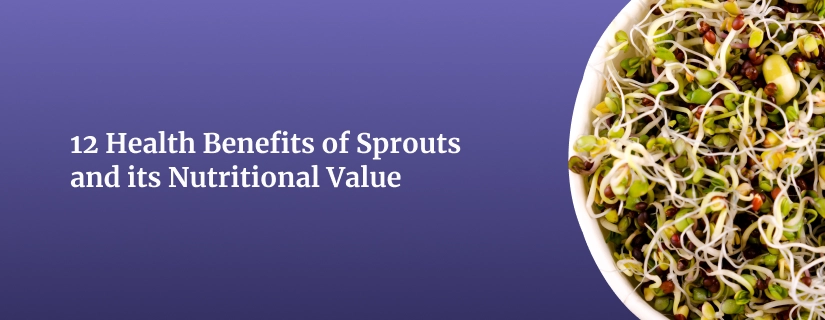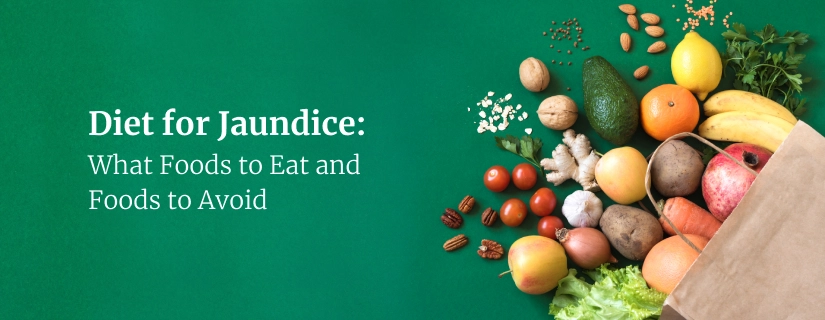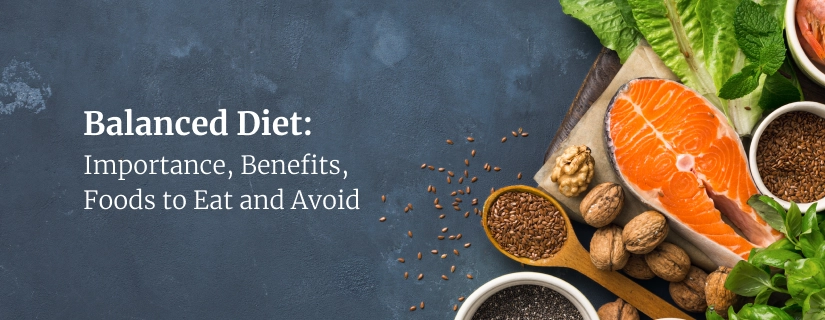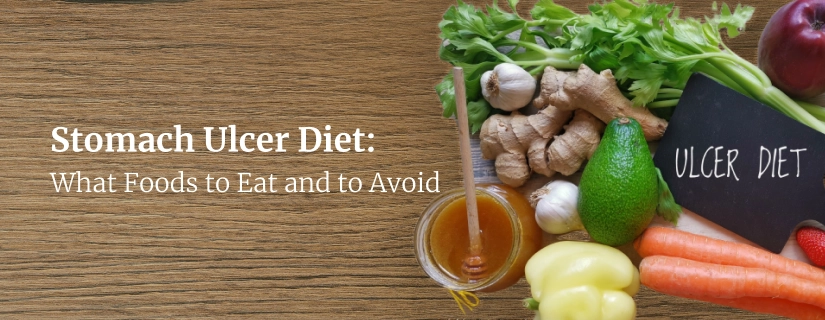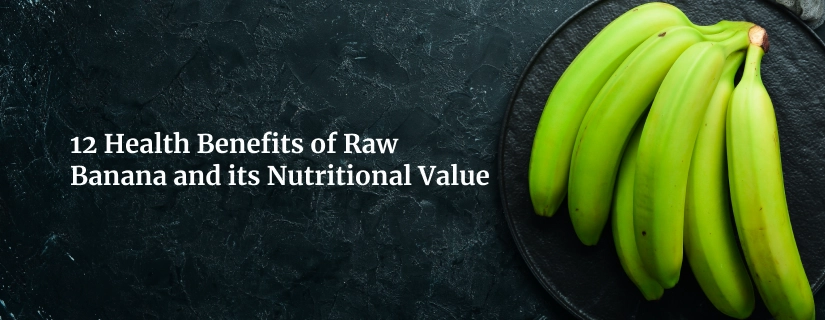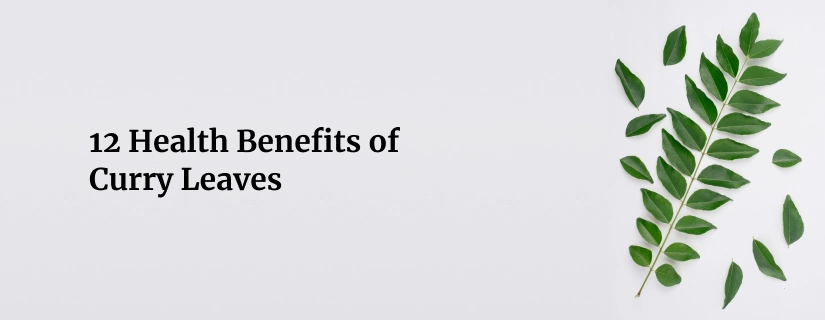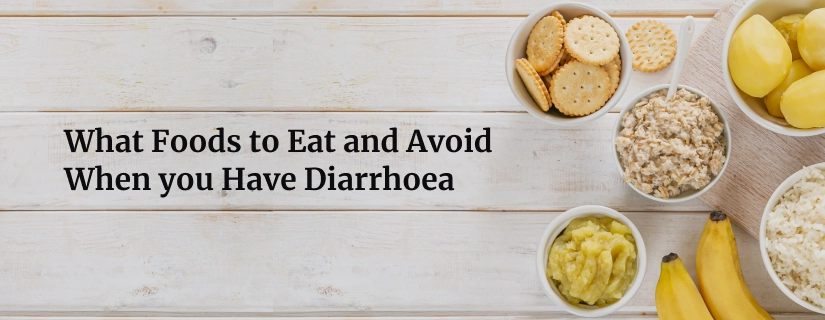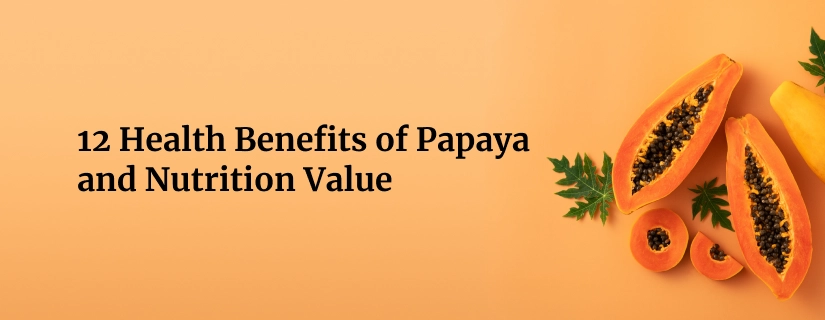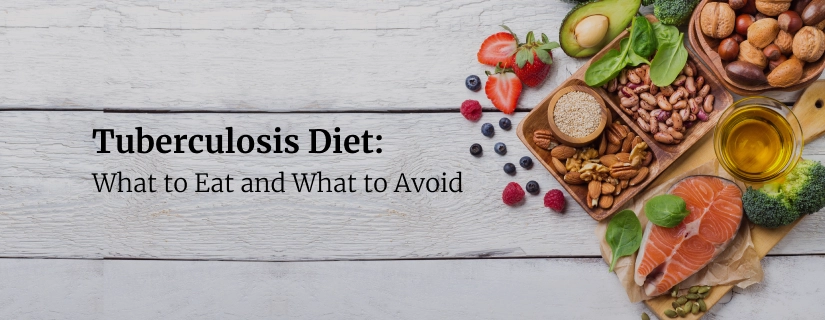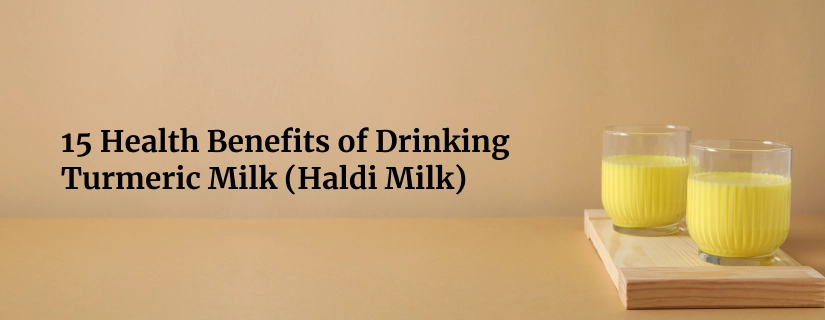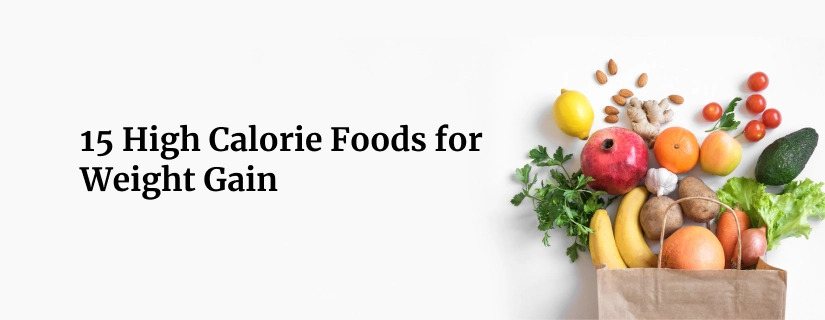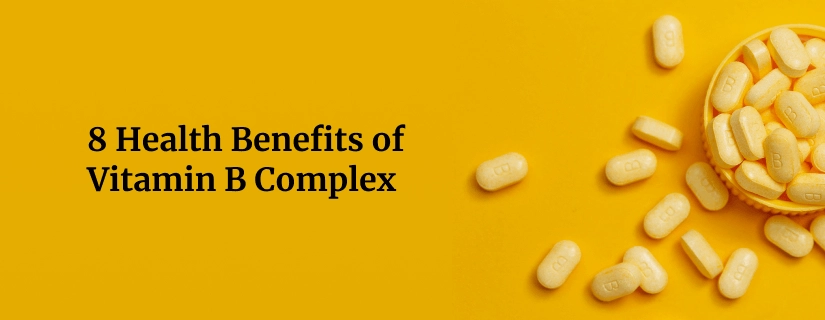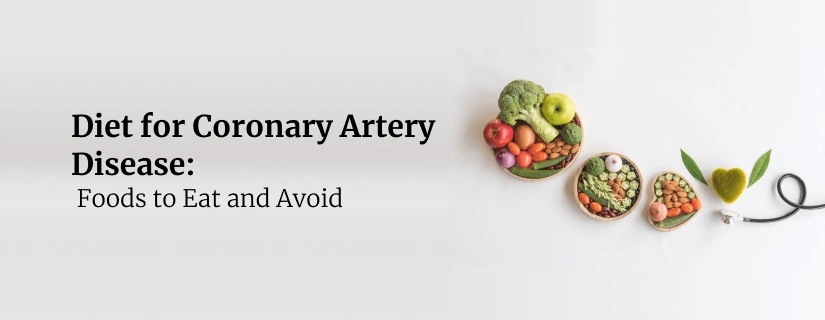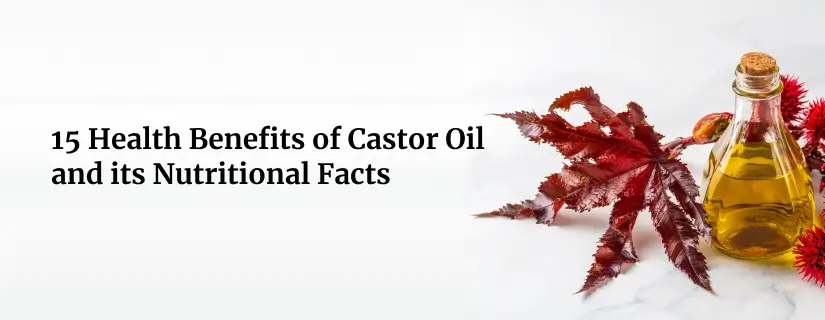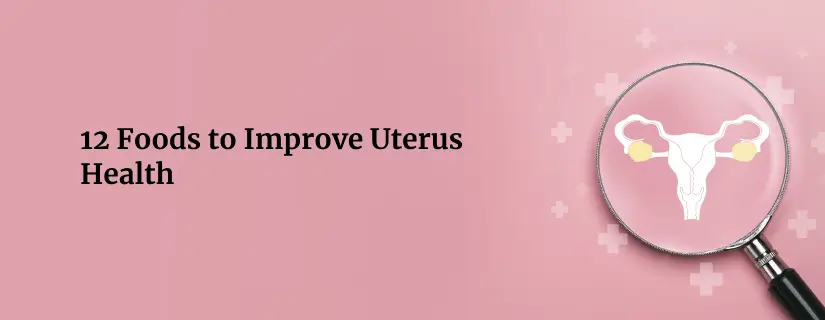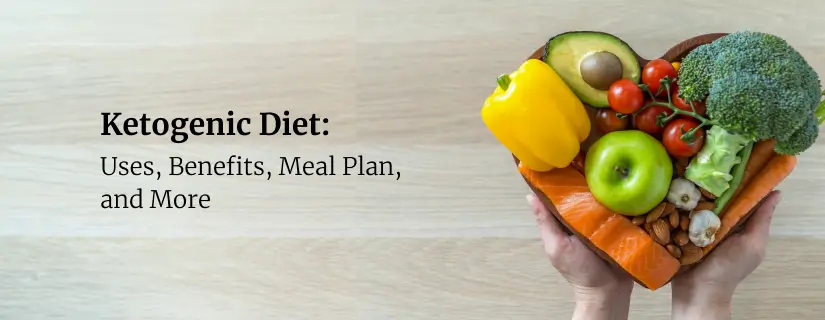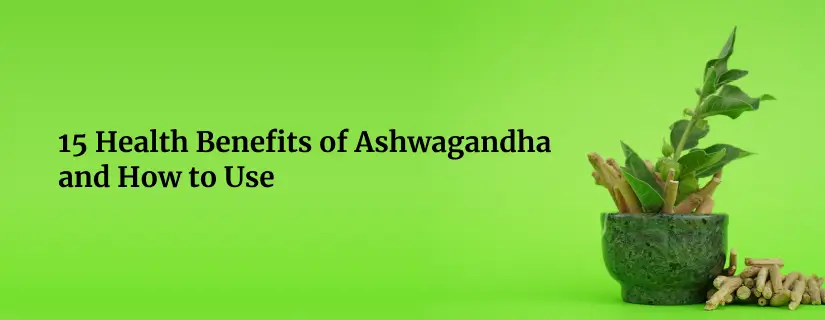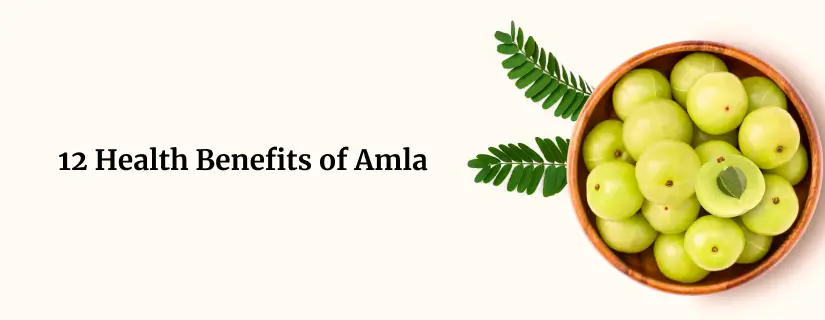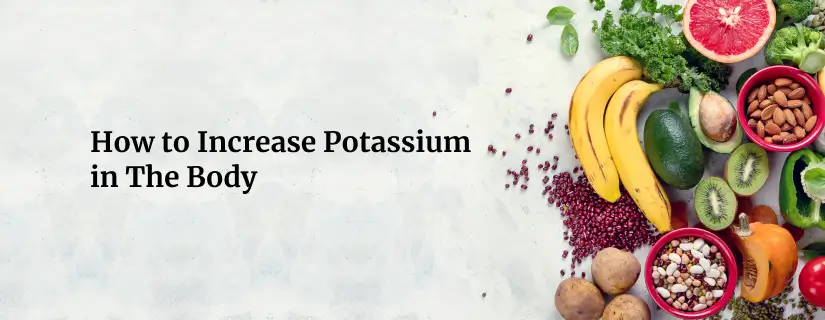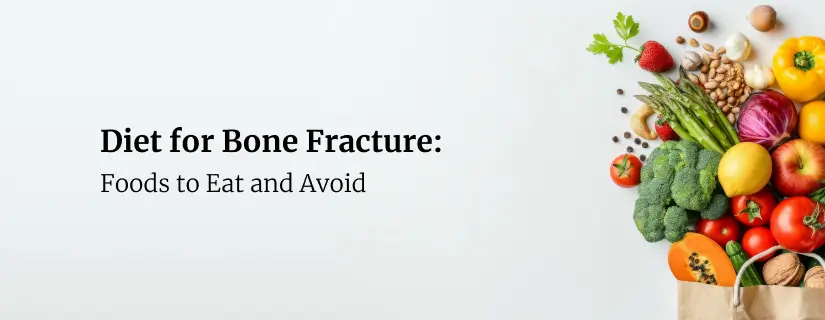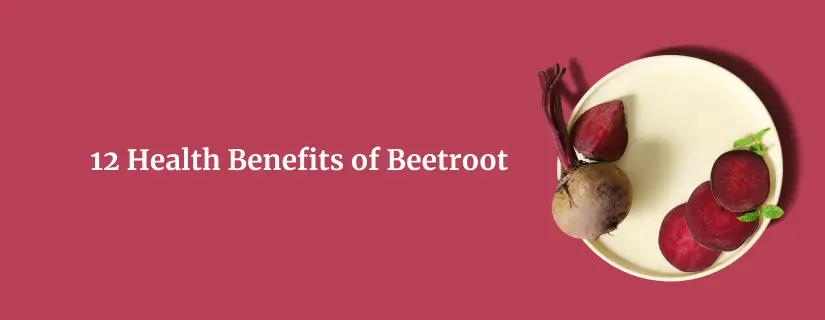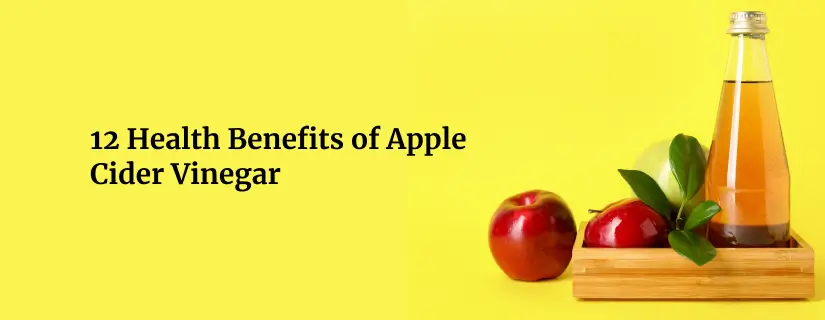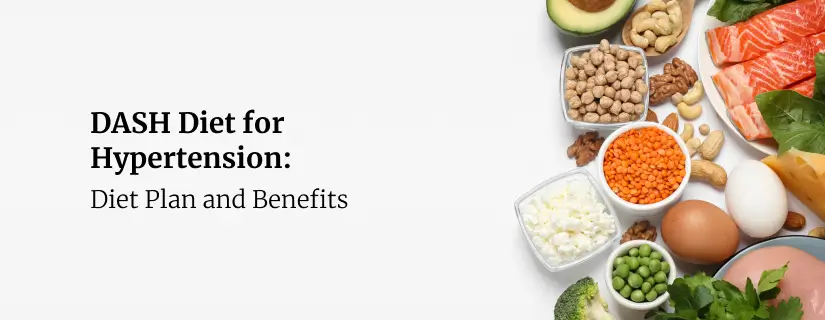-
Doctors
-
Specialities & Treatments
Centre of Excellence
Specialties
Treatments and Procedures
Hospitals & Directions HyderabadCARE Hospitals, Banjara Hills CARE Outpatient Centre, Banjara Hills CARE Hospitals, HITEC City CARE Hospitals, Nampally Gurunanak CARE Hospitals, Musheerabad CARE Hospitals Outpatient Centre, HITEC City CARE Hospitals, Malakpet
HyderabadCARE Hospitals, Banjara Hills CARE Outpatient Centre, Banjara Hills CARE Hospitals, HITEC City CARE Hospitals, Nampally Gurunanak CARE Hospitals, Musheerabad CARE Hospitals Outpatient Centre, HITEC City CARE Hospitals, Malakpet Raipur
Raipur
 Bhubaneswar
Bhubaneswar Visakhapatnam
Visakhapatnam
 Nagpur
Nagpur
 Indore
Indore
 Chh. Sambhajinagar
Chh. SambhajinagarClinics & Medical Centers
Book an AppointmentContact Us
Online Lab Reports
Book an Appointment
Consult Super-Specialist Doctors at CARE Hospitals
What Foods to eat and Avoid When You Have a Cough
Updated on 30 September 2024

When you're battling a persistent cough, your body needs all the help it can get to recover quickly. Did you know that certain foods can hinder your recovery process? Understanding what to eat and avoid during a cough is crucial for faster healing. This information empowers you to make informed decisions about your diet, potentially reducing the duration and severity of your cough symptoms.
In this blog, we'll explore the essential foods to avoid during a cough for faster recovery. We'll also highlight beneficial foods that support your immune system and soothe your throat. Additionally, we'll discuss key things to steer clear of while coughing, including specific vegetables and fruits.
Foods to Avoid When Suffering from Cough
Individuals must be mindful of the foods they consume when dealing with a cough. Certain foods can exacerbate symptoms and slow down recovery. Here are some foods to avoid during a cough:
- Dairy Products: Although evidence is limited, it's best to avoid dairy products such as milk, ice cream, and cheese when suffering from a cold. These items may make the nose stuffy or runny, making breathing difficult.
- Caffeine and Alcohol: Both of these substances have a dehydrating effect on the body. When fluid is already lost through mucus production, it's better to avoid them. Alcohol, in particular, hinders the proper functioning of the immune system, potentially prolonging the cough and cold. Instead of coffee, opt for a tall glass of herbal tea.
- Deep-fried Foods: These tend to worsen cough symptoms and thus are among the foods to avoid while coughing. The unhealthy fatty acids from butter, lard, and omega-6 fatty acids can stimulate the body to secrete more mucus. It's advisable to eat healthier foods that boost immunity instead.
- Histamine-rich Foods: The body produces histamines to eliminate harmful particles, including allergens. This chemical triggers increased mucus production, leading to a runny or stuffy nose. People suffering from cough and cold should avoid foods rich in histamines. These include:
- Sugar: Like alcohol, sugar can trigger inflammation, potentially worsening cold symptoms, including cough. Despite its comforting nature, avoiding sweets as much as possible during recovery is best.
- Starchy Vegetables: Corn, potatoes, and squash can raise blood sugar levels. Some research implies that higher blood sugar levels may increase the risk of congestion-related diseases, which can worsen cough and lung issues. This connexion may be associated with high starch consumption over time. Therefore, foods high in starch are considered items to avoid during colds and for long-term prevention.
- Histamine-rich Vegetables: Some vegetables high in histamine can trigger coughing, especially in those with histamine intolerance. These include eggplant, tomatoes, and fermented vegetables like sauerkraut.
- Citrus Fruits: While not scientifically proven, anecdotal evidence suggests that citrus fruits such as grapefruit, oranges, and lemons may irritate a sensitive throat, causing coughing. If you notice this effect, avoiding these fruits during your recovery is best.
- Carbonated Beverages: Soft and carbonated drinks are high in artificial ingredients and added sugars, irritating the throat and triggering coughing.
By avoiding these foods, individuals can support their body's natural healing processes and potentially reduce the duration and severity of their cough symptoms. Remember to stay hydrated and focus on consuming foods that boost immunity and soothe the throat for faster recovery.
Foods to Eat When You Are Down with a Cough
Certain food items can help alleviate symptoms and support recovery when suffering from a cough. These foods provide essential nutrients, hydration, and natural remedies to soothe the throat and boost the immune system.
Soup and Broths
Chicken soup has long been one of the popular remedies for colds and coughs, and for good reason. It is an easy-to-consume source of vitamins, minerals, calories, and protein. The warmth of the soup helps relieve sinus congestion, while the chicken contains cysteine, an amino acid that may aid in recovery.
Similar to chicken soup, broths provide essential fluids and electrolytes. When served hot, they help clear sinus congestion. Broths are gentle on the digestive system while offering a variety of nutrients. Bone broths, in particular, contain collagen and amino acids that may promote faster recovery.
Herbal Teas
- Hot herbal tea works as a natural decongestant and helps keep the body hydrated. Different types of tea offer various benefits:
- Peppermint Tea: Contains menthol, which calms dry, tickly coughs and has antibacterial and antiviral properties.
- Ginger Tea: Ginger helps relax airway muscles and ease breathing due to its anti-inflammatory, antiviral, and antibacterial properties.
- Green Tea: Rich in antioxidants and has antibacterial effects.
Honey
Honey is renowned for its medicinal properties, particularly effective for coughs. Adding one or two teaspoons of honey to lukewarm water, milk, or tea can relieve a sore throat.
Citrus Fruits
Although citrus fruits may irritate the sore throat in some people, certain citrus fruits, like oranges, limes, and lemons, are excellent sources of vitamin C, which assists the immune system in fighting illness.
Spicy Foods
Spicy foods, such as those containing chilli peppers, can help loosen mucus in nasal passages. The compound capsaicin in chilli peppers may thin out mucus, making it easier to expel. However, it's important to avoid spicy foods if you have an upset stomach, as they can cause discomfort in some people.
By incorporating these foods into the diet when suffering from a cough, individuals can support their body's natural healing processes and relieve symptoms. Remember to stay well-hydrated and consult a doctor.
Conclusion
Understanding what to eat and avoid during a cough can significantly affect recovery speed. By steering clear of dairy products, caffeine, alcohol, deep-fried foods, and histamine-rich items, you can help your body heal more efficiently. On the other side, incorporating chicken soup, broths, herbal teas, and immunity-boosting foods into your diet can soothe symptoms and support your immune system.
Remember, your food choices are crucial in managing cough symptoms and speeding up recovery. Staying hydrated and focusing on nourishing, easily digestible foods gives your body the best chance to fight off the illness. By making informed dietary decisions, you're taking an active step to improve your health and get back to feeling your best sooner.
When dealing with a cough, avoiding foods like dairy, caffeine, alcohol, fried items, sugar, and histamine-rich foods (e.g., avocados, mushrooms) can prevent aggravating symptoms and mucus production. Instead, focus on nourishing, immunity-boosting options like chicken soup, broths, herbal teas (ginger, peppermint), honey, and spicy foods, which help soothe the throat and loosen congestion. Staying well-hydrated and mindful of your diet can significantly aid in speeding up recovery. Adding nutrient-dense foods rich in vitamins, especially vitamin C, is also beneficial for immune support.
ENQUIRY FORM
SELECT CATEGORIES
-
Neurosciences (16)
-
Neurology (37)
-
Neurosurgery (14)
-
Orthopaedics (48)
-
Oncology (33)
-
Obstetrics and gynecology (51)
-
Pulmonology (23)
-
Urology (20)
-
Nephrology (13)
-
Psychiatry (7)
-
Dietetics and Nutrition (111)
-
General Medicine (63)
-
Cardiac Sciences (30)
-
Vascular & Endovascular Surgery and Interventional Radiology (10)
-
Gastroenterology (46)
-
Endocrinology (23)
-
Plastic Surgery (10)
-
Critical Care Medicine (5)
-
COVID-19 (16)
-
Dermatology (16)
-
Emergency Care (1)
-
Ophthalmology (4)
-
Pediatrics (14)
-
Laparoscopic and Bariatric Surgery (8)
-
ENT (15)
-
Kidney Transplant (1)
-
Liver Transplantation and Hepatobiliary Surgery (5)
-
General Surgery (3)
-
Internal Medicine (5)
-
Medicine Information
Diet For Iron Deficiency: Foods to Eat and Avoid
Healthy Fat Foods: 12 Fat-Rich Foods to Eat
YOU MAY ALSO LIKE
RECENT BLOGS
-

Direct Anterior Approach in Total Hip Replacement: Advantages and Challenges
10 April 2025
Read More
-

Zinc Deficiency: Signs and Symptoms, Causes, Treatment
9 April 2025
Read More
-

Chest Pain When Coughing: Causes, Treatment and Home Remedies
9 April 2025
Read More
-

12 Health Benefits of Eating Mushrooms
8 April 2025
Read More
-

7 Health Benefits of Blood Donation You Should Know About
8 April 2025
Read More
-

Implantation Bleeding Vs Periods: Know the Difference
28 February 2025
Read More
-

Bloating During Ovulation: Symptoms, Causes and Remedies
28 February 2025
Read More
-

Itching During Dengue: Causes, Treatment and Home Remedies
18 February 2025
Read More
Have a Question?
If you cannot find answers to your queries, please fill out the enquiry form or call the number below. We will contact you shortly.






